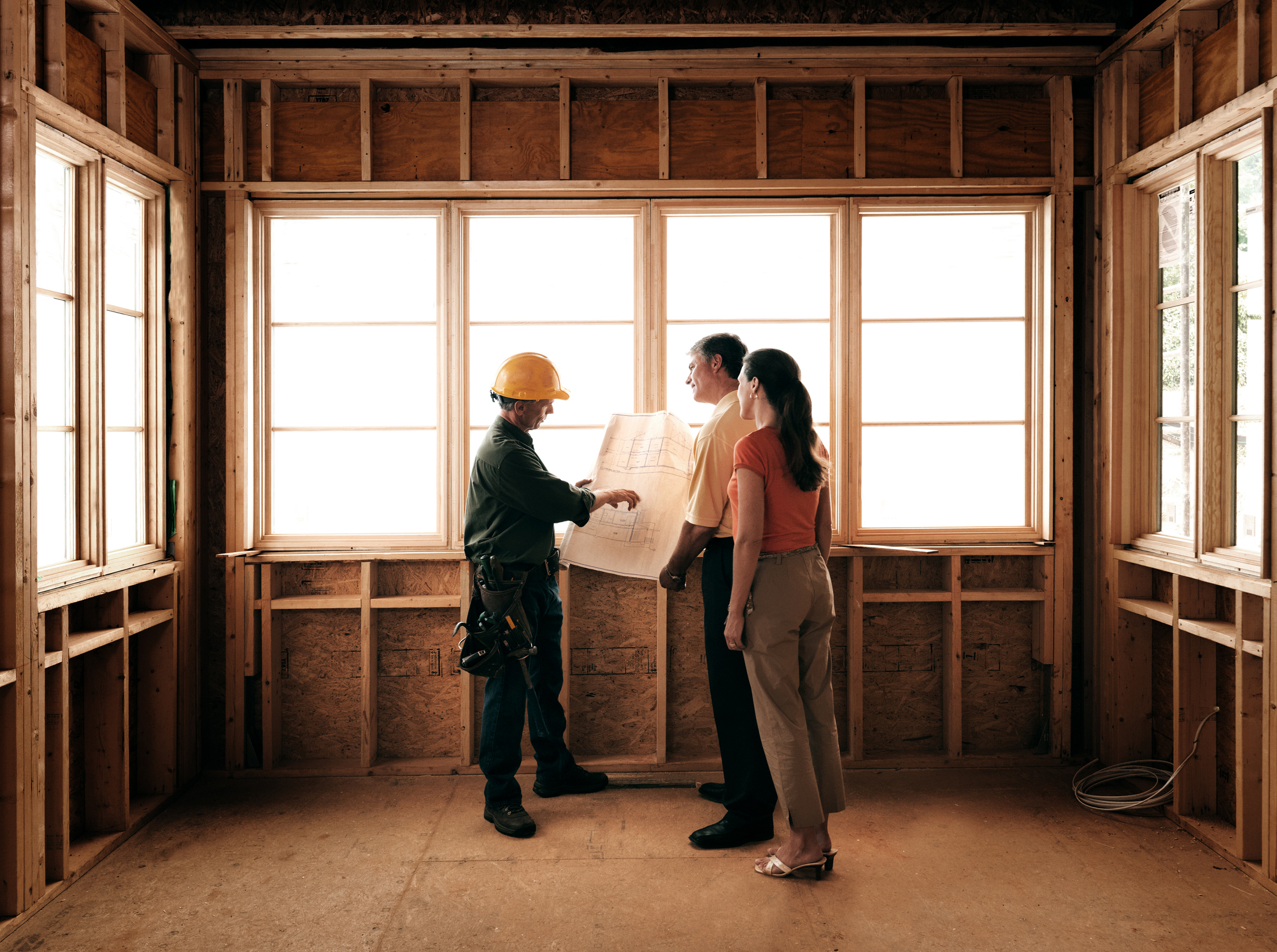It’s common for homeowners to feel compelled to remodel their homes before they sell. Renovating the spaces in your home can increase its value and help you compete with comparable listings in your area. However, some remodeling projects are more beneficial than others as you prepare to sell your home. Always talk to your agent to determine which projects are most appealing to buyers in your area.
Remodeling Projects to Avoid When Selling Your Home
When preparing to sell your home, you want to strike the right balance of upgrades. Making repairs and executing renovations will attract buyer interest, but you don’t want to dump so much cash into remodeling that you won’t be able to recoup those expenses when your home sells.
So, how do you know where to focus your efforts? Your agent is a vital resource in understanding your specific situation and will offer guidance on your remodeling efforts to sell your home for the best price. Here are a few projects sellers will want to keep off their to-do lists for the best return on investment.

Image Source: Getty Images – Image Credit: skynesher
Minor Cosmetic Upgrades
Whether you’ve made small cosmetic upgrades throughout your home typically isn’t a make-or-break proposition for most buyers. Let’s say you’re questioning whether to invest in a new toilet, vanity, and shower for your primary bathroom before selling. Unless these appliances are damaged and you can repair them without spending too much, it’s okay to sell as is.
Major Upgrades with Long Timelines
For any remodeling project, your agent’s analysis will help you determine its risk/reward potential. This dynamic is heightened with major remodeling projects and home upgrades, due to their higher costs. Four of the six lowest ROI remodeling projects found in the Remodeling 2022 Cost vs. Value Report (www.costvsvalue.com)1 are upscale or major upgrades, all with roughly a 50% return on investment.
These projects come with hefty price tags and longer timelines than minor repairs and upgrades, which can complicate factors as you prepare to sell, especially if you have a deadline to get into your new home. They have the potential to temporarily displace you from the property, meaning you and your household may have to find somewhere else to stay until the project is complete.
- The Bottom Line: To go through with a major home upgrade before you sell, its schedule must fit with your moving timeline. It should also align with buyer interest in your local market. If the project doesn’t meet these criteria, it should be avoided.
Building Code Violations
The rules dictating whether you can sell your home with building code violations vary region to region. It also depends on what the building code violation is and whether neglecting to update it is deemed a safety hazard. The buyer’s mortgage lender may also have stipulations saying that the loan may not be used to purchase a home with certain features that aren’t up to code, which could lead to them backing out of the deal.
If you’re selling an older home, you’re not obligated to update every feature that may be out of code to fit modern standards. These projects are often structural and require a significant investment. If the violation in question was built to code according to the regulations at the time, then a grandfather clause typically applies. However, you’ll need to disclose these features to the buyer.
Trendy Makeovers and Upgrades
Lastly, it’s best to avoid remodeling projects that target a specific trend in home design. Trends come and go. Timeless design is a hallmark of marketable homes because it appeals to the widest possible pool of buyers. Keep this in mind when staging your home as well. Creating an environment that’s universally appealing and depersonalized allows buyers to more easily imagine the home as their own.
Learn more about remodeling your home as you prepare to sell here: https://bidwellrealestate.com/2022/11/09/should-i-remodel-or-sell-as-is
 Facebook
Facebook
 Twitter
Twitter
 Pinterest
Pinterest
 Copy Link
Copy Link













